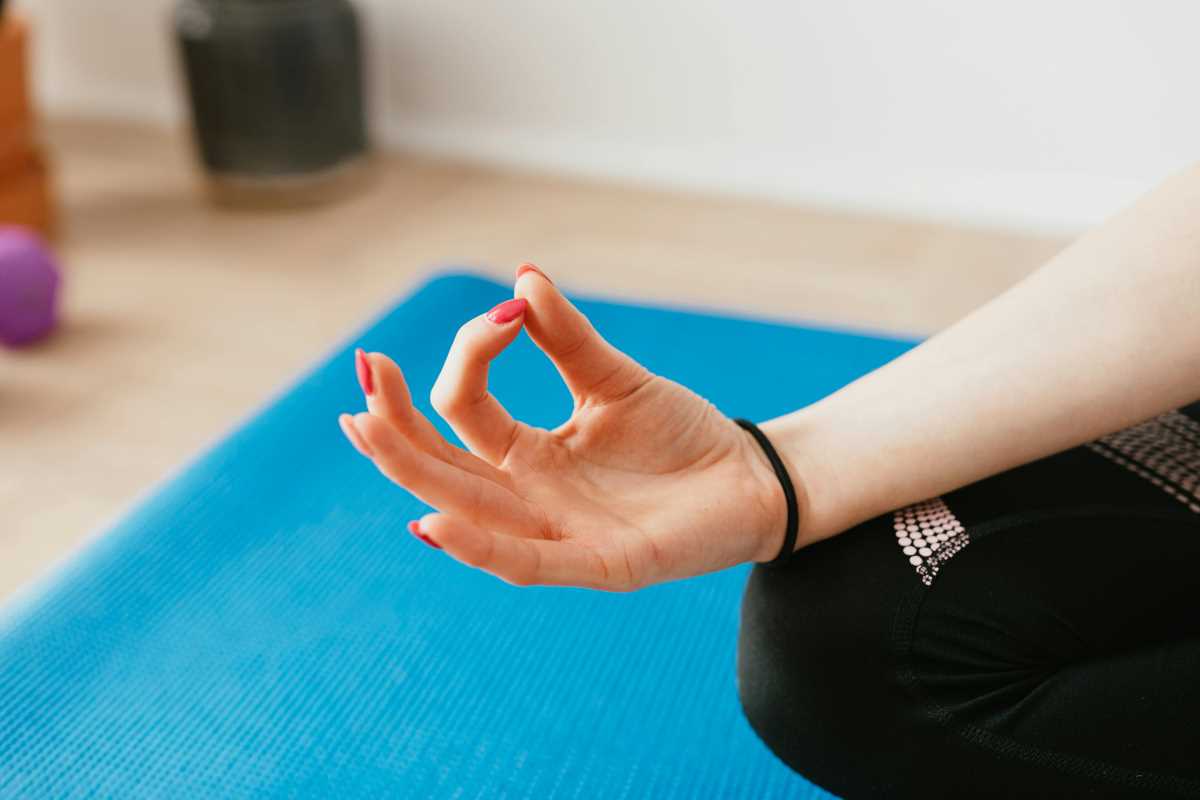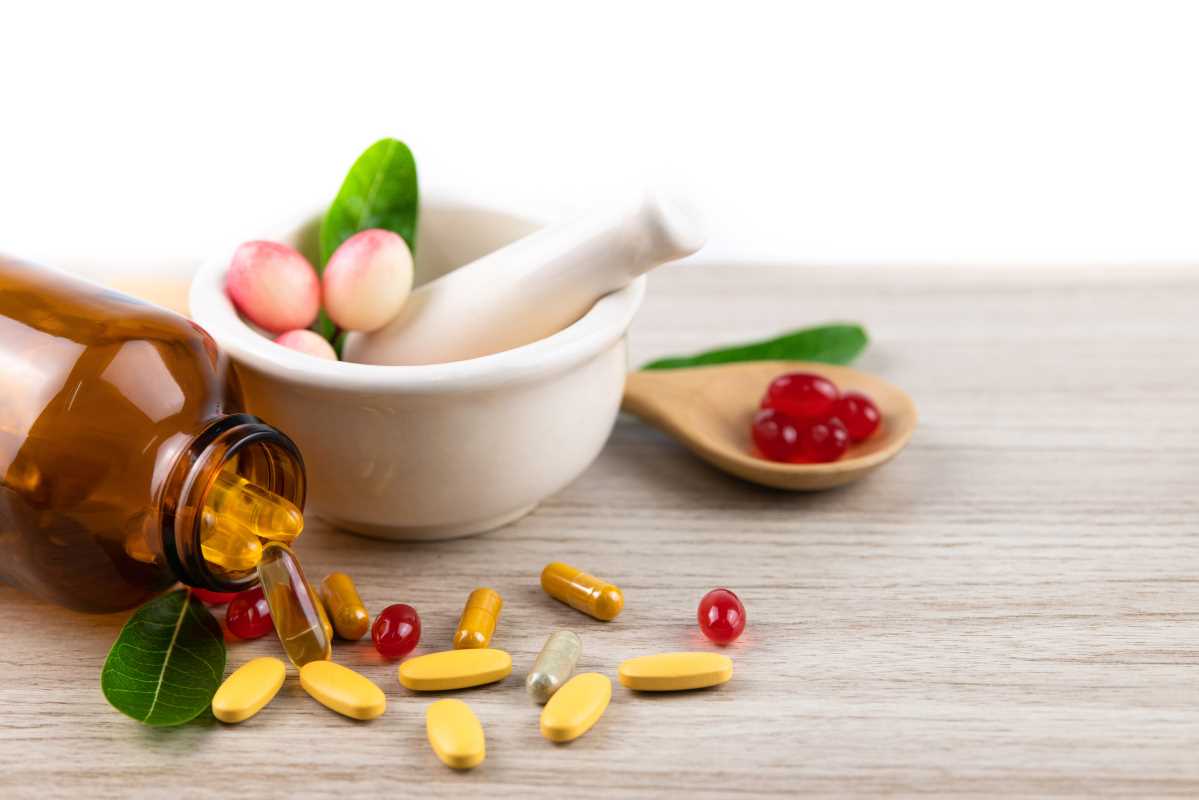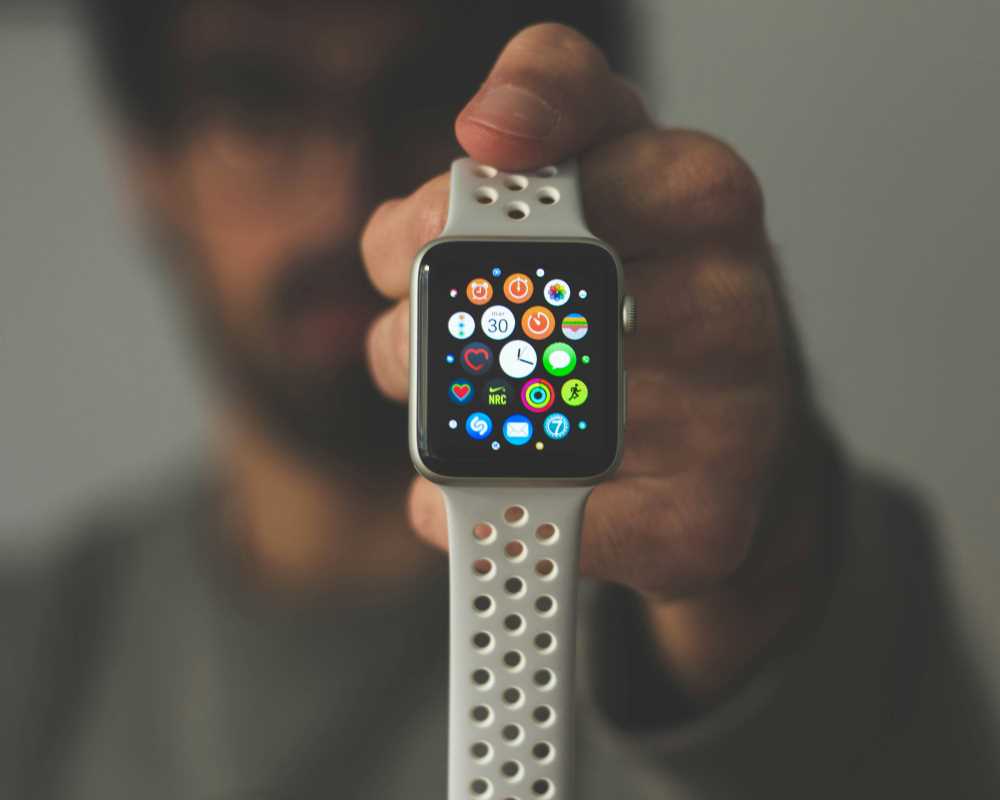Most of us know that water is essential for our health, yet many of us don’t drink nearly enough of it throughout the day. We get busy, distracted, or simply forget. But staying hydrated is one of the simplest ways to keep your body running smoothly and feeling its best.
If you’re a middle-aged woman juggling work, family, and everything in between, you may underestimate how much water your body truly needs. Dehydration doesn’t just leave you feeling a little thirsty—it can affect every part of your body, from your brain to your skin. Let's look at 12 common signs you might not be drinking enough water and, more importantly, how to turn it around.
1. Dry Mouth (Obviously)
This one may seem like a no-brainer, but a persistently dry mouth could mean you’re not getting enough water. If you always feel the need to sip on something sugary like soda or juice, it might be your body crying out for simple, plain water. Thirst is your body’s first signal that it’s dipping into dehydration territory, and acting on it is key.
What to do:
Keep a reusable water bottle nearby and take small sips throughout the day. If plain water doesn’t excite you, infuse it with lemon, cucumber, or fresh mint for a flavorful twist.
2. Fatigue and Lack of Energy
Still feel tired even after getting a full night’s sleep? Dehydration could be draining your energy reserves. Water is crucial for carrying oxygen and nutrients to your cells, so when you skimp on H2O, your body has to work harder to perform basic functions.
What to do:
Start each morning with one or two glasses of water. You’ve gone six to eight hours without drinking, so rehydrating first thing can jumpstart your system.
3. Headaches That Won’t Quit
Dehydration is a common culprit behind headaches and migraines. When your body doesn’t have enough water, it can cause your brain to temporarily shrink, pulling away from the skull and triggering pain.
What to do:
At the first sign of a headache, drink a glass of water before reaching for painkillers. Sometimes, a little hydration is all it takes to ease the discomfort.
4. Dark, Cloudy Urine
Your urine is actually a great indicator of how hydrated you are. Ideally, it should be a pale, light yellow. If it’s consistently dark, cloudy, or has a strong odor, you may not be getting enough fluids.
What to do:
Aim for 8–10 cups of water per day, adjusting based on your activity level and how much you sweat.
5. Dry, Flaky Skin
Your skin is the largest organ in your body—and one of the first to show signs of dehydration. If your skin feels tight, rough, or excessively dry, it could be your body’s way of screaming for water.
What to do:
While moisturizers can help from the outside, real hydration happens from within. Drink plenty of water and monitor your caffeine intake, as coffee and tea can be dehydrating if consumed in excess.
6. Constantly Feeling Hungry
Did you know that thirst is often mistaken for hunger? If you find yourself snacking frequently, especially when you’re not sure if you’re actually hungry, dehydration might be to blame.
What to do:
Before grabbing a snack, drink a glass of water and wait 10–15 minutes. You may find that your “hunger” disappears.
7. Struggling with Digestion
Water plays an essential role in keeping things moving in your digestive system. Without it, you might experience bloating, heartburn, or even constipation.
What to do:
Pair each meal with a glass of water. This will help you digest food more easily and prevent that “stuffed” feeling.
8. Dry or Chapped Lips
If your lips are dry and flaky no matter how much lip balm you apply, dehydration could be the reason. Lip balms work externally, but the real solution comes from staying hydrated internally.
What to do:
Make water your go-to beverage throughout the day. Set reminders on your phone to ensure you’re sipping consistently.
9. Feeling Dizzy or Lightheaded
When you’re dehydrated, your blood pressure can drop, reducing blood flow to your brain and leaving you dizzy. This is especially dangerous when paired with hot weather or physical activity.
What to do:
If you start feeling dizzy, drink some water immediately and take a moment to rest. Make it a habit to hydrate before and after workouts or spending time outside on hot days.
10. Muscle Cramps
Ever experienced sudden, painful muscle cramps? Dehydration can cause an imbalance of electrolytes, leading to cramps and stiffness, especially during or after physical activity.
What to do:
Add a pinch of sea salt or enjoy a sports drink (preferably low in sugar) if you've been sweating a lot. These help replenish electrolytes and support muscle function.
11. Brain Fog and Trouble Focusing
Struggling to concentrate or feeling unusually forgetful? Dehydration can impair cognitive function. Your brain is around 75% water, and even mild dehydration can affect its performance.
What to do:
Set a daily water goal and stick to it. Try habit-stacking—like drinking a cup of water every time you check your email—as a way to increase your intake without even thinking about it.
12. Increased Irritability
Dehydration doesn’t just affect your body—it impacts your mood too. Studies show that even mild dehydration can make you feel grumpy, anxious, or irritable.
What to do:
The next time you’re feeling unusually short-tempered, reach for a glass of water. It might just brighten your day!
How Much Water Should You Be Drinking?
The classic advice is 8 cups a day, but the actual amount can vary based on factors like activity level, age, weight, and overall health. A helpful rule of thumb is to aim for half your body weight (in pounds) in ounces of water daily—for example, if you weigh 150 pounds, try to drink around 75 ounces of water.
If plain water gets repetitive, mix it up! Herbal teas, coconut water, or naturally flavored water can keep things interesting while boosting your hydration levels.
Stay Hydrated, Stay Healthy
Water isn’t just something we need to survive—it’s the foundation of our thriving. By addressing these subtle (and not-so-subtle) signs of dehydration, you can improve your energy, focus, and overall well-being.
If staying hydrated feels like a struggle, try small, intentional steps like keeping a water bottle with you, setting reminders on your phone, and hydrating before meals. Your body will thank you, and you’ll feel the benefits in your day-to-day life.







